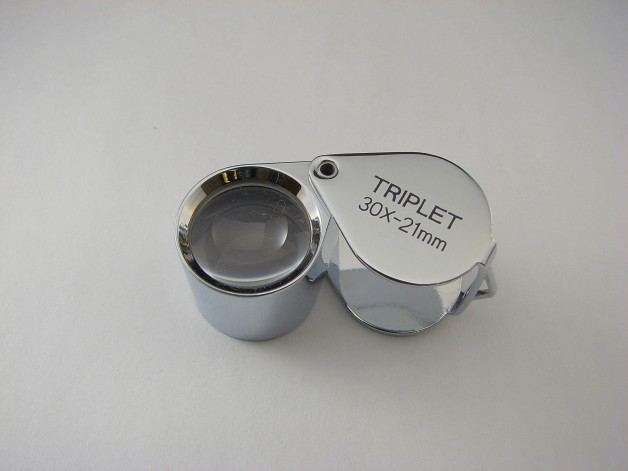Recently I was reading an article in the Atlantic Monthly about new apps that are helping people make life changes (such as losing weight) and how their power comes from BF Skinner’s behavior modification models. Long story short, or the way I like to paraphrase it, which may or may not be accurate, is that feedback lets you know where you are — you can see the calories you’re taking in, the number of stairs you’ve climbed.
When you see your behavior quantified, you then can make choices from a less emotional place and often make better choices for yourself. The author mentioned that earning a badge (a reward) for climbing a certain number of stairs motivated him at the end of the day to take on extra exercise because he knew how few he had done so far that day (feedback). That is, he wouldn’t have made the choice if he didn’t know he’d only walked 14 flights of stairs – he needed the feedback before he could go for the reward for climbing 50.
I figure this kind of information is like a Numismatist’s loupe, that little magnifying glass for looking at coins that pulls details into focus. Does the coin have a little scratch? Is there a slight rainbow patina by Abe Lincoln’s head? There is the hole where Stan hammered a nail through the nickel that summer by the trains.The details come out and give the coin collector feedback: this is a good coin, protect it; this is a common coin, toss it (or keep it for sentimental reasons . . .) .
NaNoWriMo is effective for many reasons, but perhaps the most common reason is that it is one of the few times we focus on a specific aspect of writing (number of words) and quantify it. We can see quickly and clearly if we are succeeding or failing. We don’t need to limit our measure of success to number of words. We can track the number of minutes we keep our butts in the chair, how we feel when we sit down, the number of times we smile at our own work during the week — whatever. It’s the feedback that makes a difference. If you write for a whole week and never smile at your own work, maybe you’re working on the wrong project. If you aren’t getting your butt in the chair at least three times a week, we can be pretty sure you’re not getting much done. And that feedback, combined with a well chosen reward (candy bar? Bragging rights?) is a killer combination for building your work habit. Just ask Mr. Skinner.
If you could track anything besides words when it comes to your writing, what would it be? What gets you most excited to measure?
Angie Powers has an M.F.A. in English and Creative Writing from Mills College, where she won the Amanda Davis Thesis Award for her novel, The Blessed. She also has a Certificate in Screenwriting from the Professional Programs at UCLA. She is the co-director and co-writer of the short Little Mutinies (distributed by Frameline and an official selection of the Palm Springs International Short Fest) and was a quarter-finalist for the Nicholl Fellowship and at Blue Cat Screenplay Competition for the full-length screenplay of Little Mutinies. She’s twice made it into the second round of consideration for Sundance Labs and is a Cinestory semi-finalist this year. She also wrote and directed the short Hot Date, which premiered at Frameline. She is currently finishing a new novel and a short film.

